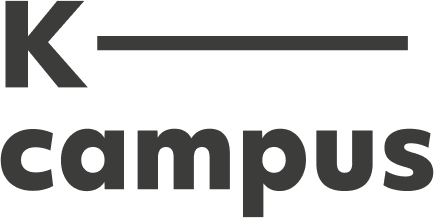![Students from Princeston University look around LG Electronics' North America office on March 21, for the company's LG College Day program. [LG Electronics]](https://uploaded.kcampus.kr/1_57c43bbd_ac02_4343_bc78_34c7d5638c23_a285ab3e41.jpg)
With the top-tier visa for tech talent set to be introduced soon, the Ministry of Justice has clarified which university and corporate rankings will be used to define the top 100 universities and top 500 companies, which are required to assess visa eligibility.
The government announced on March 5 that it will create the top-tier visa within the month, aimed at highly educated experts, researchers and entrepreneurs specializing in tech fields such as AI, robotics, semiconductors, displays, biotechnology and defense technology. Applicants will need to hold a master’s or doctorate degree from one of the top 100 universities and have a total of eight years of work experience, including three years at one of the world’s 500 largest companies.
Although the specific metrics used to define the top 100 universities have not been announced, the Ministry of Justice told the Korea JoongAng Daily that it will use six rankings: the QS World University Ranking, QS World University Ranking by Subject in engineering and technology, THE World University Rankings, THE World University Rankings by Subject in engineering, U.S. News & World Report Global University Rankings and U.S. News & World Report Global University Rankings by Subject in engineering.
Universities must have placed within the top 100 in at least one of these six rankings over the past five years.
To define the world’s top 500 largest companies, the ministry clarified that it will use three indicators: the Fortune 500, Forbes 500 and TIME100 Most Influential Companies. Similarly, companies will need to have ranked within these lists in the past five years.
In addition to education and work experience requirements, top-tier visa applicants must also be employed by a Korea-based tech company, with an annual salary exceeding three times Korea’s Gross National Income (GNI).
The government also announced the D-10-T visa in early March, which will grant a two-year stay to specialists with master’s or doctorate degrees from the world’s top 100 universities to explore job opportunities.
The Justice Ministry said that the D-10-T visa will use the same six university rankings to assess eligibility, just like the top-tier visa.
Other visa options were also outlined, such as the Youth’s Dream in Korea visa. This will allow visa holders to take language courses, participate in cultural experiences and seek internship opportunities.
The visa is aimed at young adults from UN member states that fought for South Korea in the 1950-53 Korean War or from Korea’s major economic and trade partners.
While Korea’s major economic and trade partners are not clearly defined, the Justice Ministry clarified that the list of countries is not yet set.
“We plan to prioritize friendly nations such as UN members that fought in the Korean War or key economic partners,” said a spokesperson for the ministry. “Since this is a newly implemented system, we are looking into various aspects regarding how we will select eligible countries to minimize potential issues in the initial phase, and it is difficult to specify which countries will be eligible at this moment.”
BY LEE TAE-HEE [lee.taehee2@joongang.co.kr]





